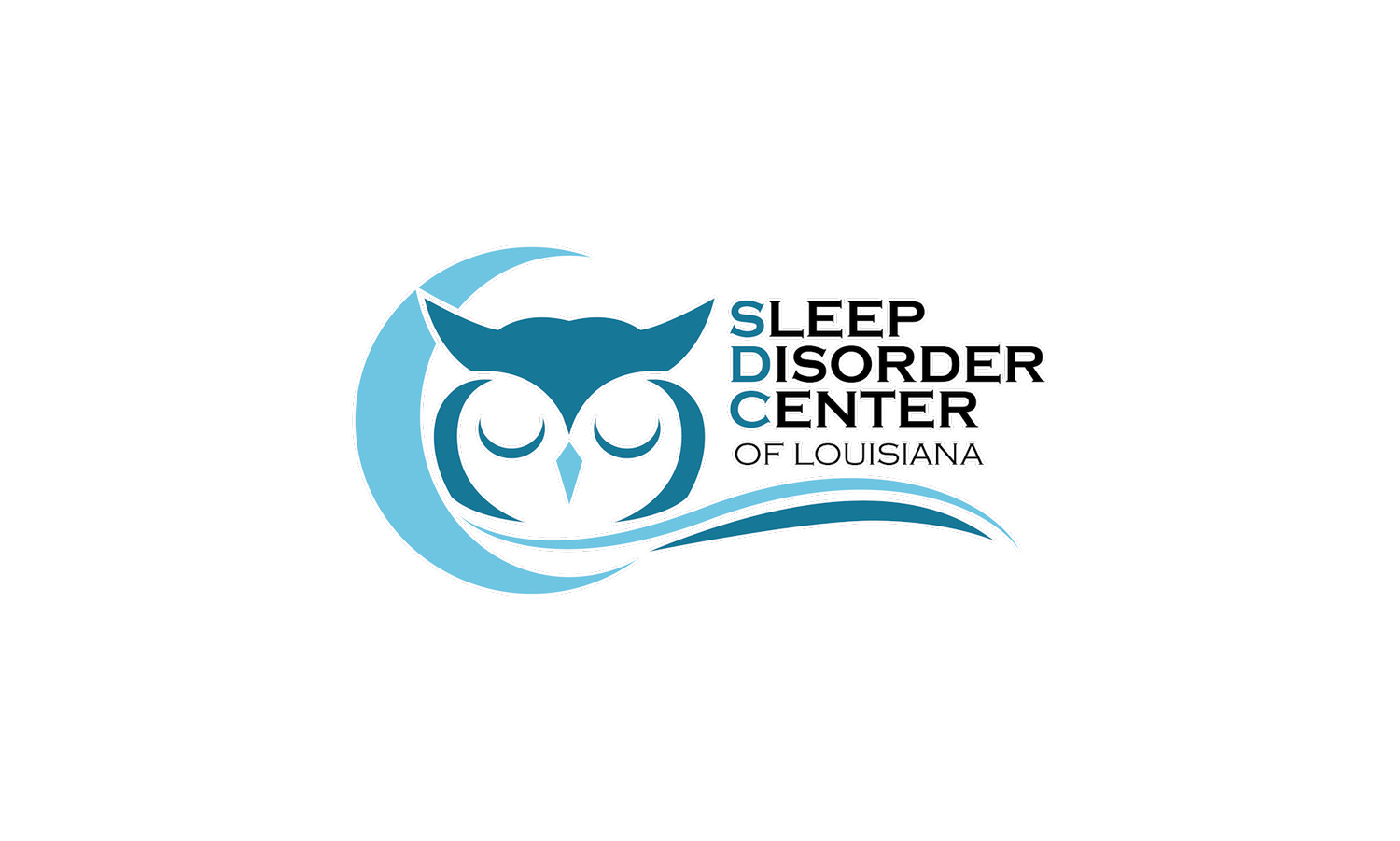
SLEEP DISORDERS
Sleep Disorders treatment
These descriptions of common sleep disorders may help you determine whether or not you need to consult further with our sleep specialists. We treat over 80 sleep disorders at The Sleep Disorder Center of Louisiana.
Sleep Apnea
Sleep apnea occurs when a person doesn't breathe normally during sleep. Warning signs are loud snoring and long pauses between breaths. The person may be sleepy enough during the day to fall asleep at work or at a stoplight. Sleep apnea can trigger high blood pressure, heart failure, or a stroke. It can affect men and women of any age and occasionally affects children.
Insomnia
Insomnia - trouble falling asleep or staying asleep - can be caused by stress, changing work schedule, lack of activity or caffeine. Noise, light and illness can also disrupt sleep. Treatment of insomnia requires an informed doctor. Effective treatments are available. Sleeping pills can be addictive and are not recommended as a long-term solution.
Narcolepsy
Narcolepsy is defined as "undesirable sleepiness at inappropriate times." The four most common symptoms of narcolepsy are excessive daytime sleepiness, sudden loss of strength in the muscles (cataplexy), a brief loss of muscle control that occurs when a person is falling asleep or waking up (sleep paralysis) and hallucinations that occur just before falling asleep, during naps and/or upon waking up.
Restless Legs Syndrome and Periodic Limb Movement Disorder
People with Restless Leg Syndrome cannot fall asleep because of an irresistible urge to move their legs. Periodic Limb Movement Disorder is the involuntary movement of the limbs during sleep. Both of these disorders prevent a person from sleeping soundly, making them sleepy and less productive during waking hours.
Shift Workers Sleep Disorder
Shift workers often face problems with getting enough sleep during the day and staying alert at night. This can affect social and family relationships, as well as lead to more illness and accidents.
Pediatric Sleep Disorders
We provide care for all types of children and young adults, and particularly those with neurodevelopmental disabilities or behavioral disorders who also have difficulties with sleep. Sleep problems include:
Snoring
Upper Airway Resistance Syndrome (UARS)
Obstructive Sleep Apnea (OSA)
Central Sleep Apnea (CSA)
Restless Legs Syndrome.
Insomnia.
Nighttime Sleep Behaviors/Parasomnias.
Parasomnias
The most common are “disorders of arousal” which include confusional arousals, sleepwalking (somnambulism) and night terrors. These occur when a person is in a mixed state, both asleep and awake, and often emerging from the deepest stage of non-dreaming sleep. The sleeper is awake enough to act out complex behaviors but is still asleep and not aware of or able to remember these activities.
Sleep Walking
This disorder is commonly seen in older children, and can range from simply getting out of bed and walking around the bedroom, to prolonged and complex actions, such as going to another part of the house or outdoors.
Other Sleep Disorders
There are more than 80 classified sleep disorders which can affect the quality of sleep. These include sleep walking, sleep terrors, tooth grinding and violent acting out during dreams. If any sleep time behavior affects a person's safety or ability to get a good night's rest, it's best to seek consultation with a sleep specialist.
